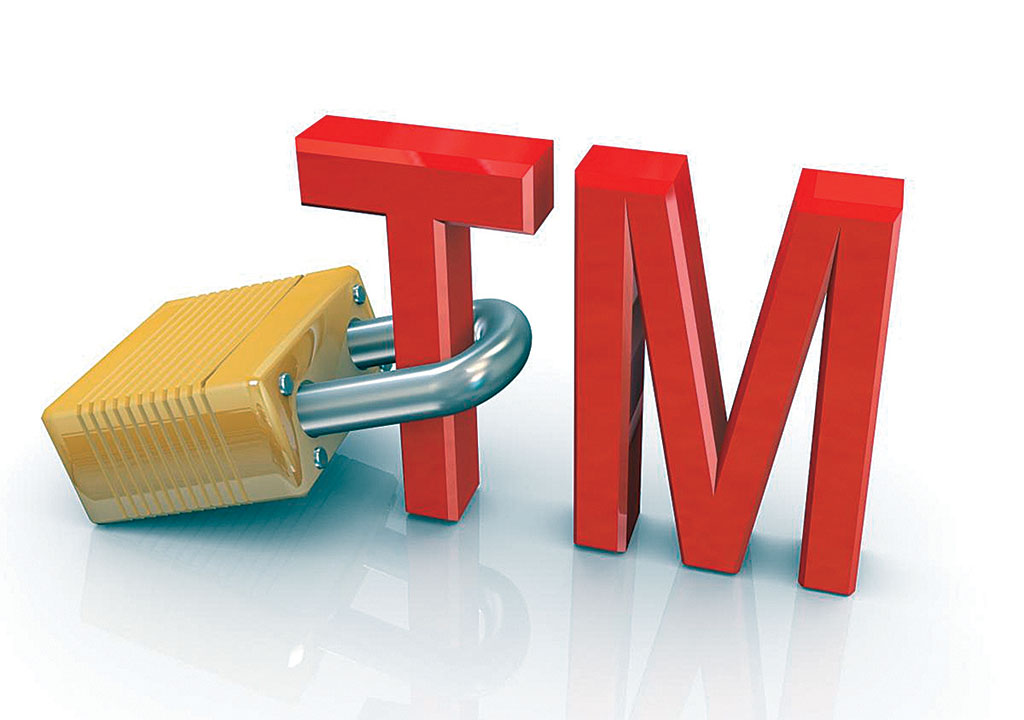
It is rightly said that human resource is the lifeblood of an organisation. And retention of talent is an important component of it. Knowing what it costs to retain an employee is an important consideration any organisation needs to think through. Above all else, it is important to be informed about the law while hiring employees.
On that note, only last year on September 4, 2017, the new Labour Act, 2074 (2017) was passed by the parliament repealing the previous Labour Act, 2048 (1992). While the Act was a welcome change, bringing in new provisions in favour of both the employer and the employee, the Labour Rules 2050 (1993) had not yet been replaced, creating a degree of confusion and conflicts.
However, the Council of Ministers approved the Labour Rules, 2075 (2018), which came into force after publication in the Nepal Gazette on June 22, 2018. These Rules act as an enabling legislation further clarifying the provisions of the Act. It is important for organisations to be familiar with and comply with labour laws. Here are some of the highlights of the changes in the Labour Rules:
Employment Agreement
The Act has made mandatory for all employees to enter into Employment Agreement with details such as salary, benefits and other terms of the employment, replacing the provision for employers providing appointment letter under the old Act. The new rules now require the agreement to include additional details such as: type of employment, primary work and position of the employee, other integral parts mentioned in the bylaws, place, time and implementation of the agreement and work and services to be rendered by the employee.
Work Permit
The rules specify the employer desiring to hire foreign national or a foreign national applying on their own to submit an application to the Department of Labour (DoL). While this is a holdover from the previous law, however, an alternative has also been provided to such foreign nationals to submit an application to the Nepalese Embassy or Nepalese Diplomatic Mission in the country of such foreign nationals or any other competent authority.
The time period of work permit cannot exceed the term mentioned in the approval letter provided by the Ministry of Home Affairs (MoHA). Also, a foreign national with an expertise in a technical skill may be granted work permit for a maximum period of five years and for others, for a maximum of three years. Nevertheless, the regulation also avails for the extension of the work permit.
Working hour and salary deduction
Provisions regarding working hours fairly remain the same. The rules have maintained flexibility in this matter as it allows the employer to determine the working hours based on the kind of work the entity conducts. Notice of such working hours, however, must be given to the employees. The flexibility of working hours is further maintained by the fact that the employer may also appoint an employee on rotation-based work which too depends on the nature of the work.
Providing Provident Fund (PF) and Gratuity
Both PF and gratuity are relatively an old concept. The Act already states that PF and gratuity must be provided to employees. However, this is where the rules come into play; it states how gratuity must be calculated. The previous rules had provided a different form of payment of gratuity based on how long an employee had been working in an entity. What the employers now need to comprehend is that this form of calculation no longer exists, and that the act has now provided for a flat rate of 8.33% gratuity per month. What they also need to understand is that according to the rules, this new form of calculation is only applicable from the date of its enforcement.
The rules also state that until the Social Security Fund (SSF) is not established, the employer may deposit the PF amount in the Employees Provident Fund (EPF) or an approved Retirement Fund. Also, such PF amount collected has to be transferred in the SSF within six months after the employer gets listed, all at once or in maximum of three installments. This might have been done due to the fact that depositing such amount all at once may be difficult for entities with large transactions or payments. Thus, most of the business entities may choose to do it in installments.
Labour Audit
Labour Audit is to be done by an employer of managerial level and is to be done by the end of the month of Poush every year. What business entities and employees in this regard need to understand is that the labour audit they conduct must contain true information. A false one, however, could land them a fine of Rs 20,000.
Outsourcing approval
The rules have laid down the requirements and the procedures for companies that are willing to obtain a license for an outsourcing company. Should they choose to work as such, it needs to be approved by the Department of Labour. The rules also state about other documents that need to be submitted along with an application to the Department. Only the approval of the Department would then enable a company to work as an outsourcing company.
Employee transfer
An employee can be transferred from one entity to another, however, two major points are needed to be considered here. The first is, prior consent of the employee and the second is an agreement between the entities.
Conclusion
The much-awaited Labour Rules has finally come to be effective. This must be seen as a great opportunity by employers as the labour laws of Nepal have now been fully structured. Gaps have been filled and problems have been solved. Thus, employers and entities should look towards their own well being and try their best to maintain the lifeblood of their organisation, the human resource. The new labour laws would enable them to do this; what they only need to do is, implement it.
Avash Pandit is an Associate at Gandhi & Associates providing transactional and contractual advisory to clients, and is also the founding board member of the Foreign Investment Society, a special interest group lobbying for promoting foreign investment. Aparmita Shakya is an associate at Gandhi and Associates currently assisting in the Labor Department in the team.


-1765787354.jpg)


